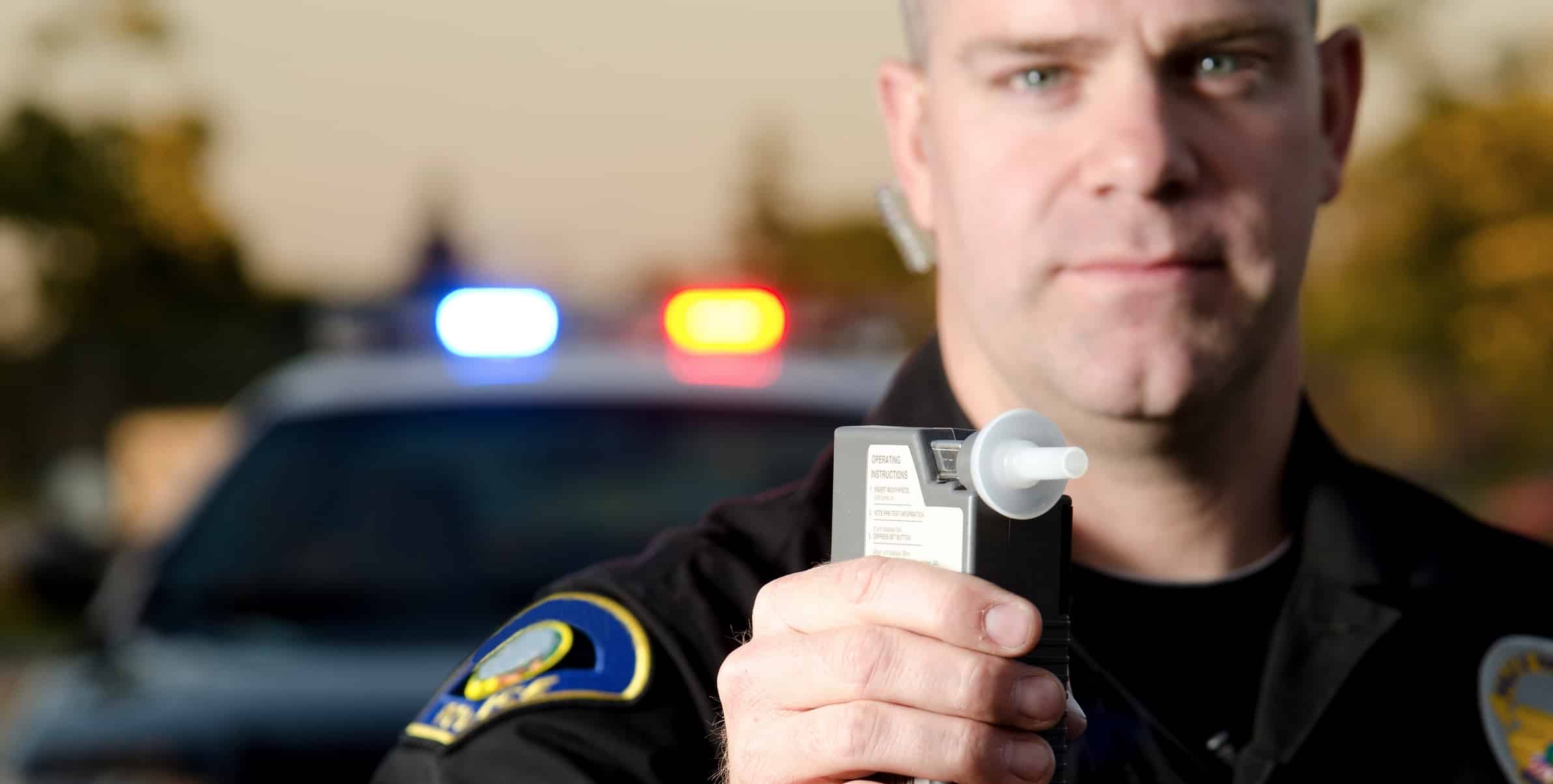How accurate and reliable are the police dwi tests used to determine alcohol concentration?
When we talk about police DWI tests, Texas law provides that alcohol concentration testing can be performed by analysis of a DWI suspect’s urine, blood, or breath.
All three of these testing methods, however, leave much to be desired.
Police DWI Tests
Urine testing is the least accurate and least reliable means of alcohol concentration testing. Indeed, there appears to be no scientific data that this method is accurate and reliable.
It’s equally true that this is the least preferred of police DWI tests.
Blood testing, unlike that of urine, is thought by most forensic scientists to be the most accurate and reliable means of alcohol concentration determination.
From a police perspective, however, because it requires more effort to obtain and analyze a blood specimen, this is thought to be the least desirable and least convenient method.
Blood and urine testing, unlike breath testing, do provide the citizen an opportunity to recheck the analysis if thought to be erroneous.
Breath testing, from a law enforcement perspective, is the most convenient means of alcohol concentration determination.
In regard to breath testing accuracy and reliability, there continues to be a great debate among scientists.
Moreover, under current procedures for breath testing in Texas, breath samples are not preserved for subsequent checks of the initial test’s validity.
Indeed, for purposes of breath testing, if you are an innocent person and your breath test result shows you to be intoxicated, then the chances of showing error in the prosecution’s case against you are literally “gone with the wind.”
Call us 24/7 to fight flawed police DWI tests
If you’ve been arrested because of inaccurate police DWI tests–whether it’s breath, blood or urine, call Gary Trichter, the DWI Specialist by the National College for DUI Defense, at Trichter & LeGrand to start fighting.
We understand the science behind the police chemical tests and help you mount an aggressive defense.
TELL US ABOUT YOUR CASE
Form Submissions have a fast response time. Request your free consultation to discuss your case with one of our attorneys over the phone. The use of this form does not establish an attorney-client relationship.
The information on this website is for general information purposes only. Nothing on this site should be taken as legal advice for any individual case or situation. This information is not intended to create, and receipt or viewing does not constitute, an attorney-client relationship.



